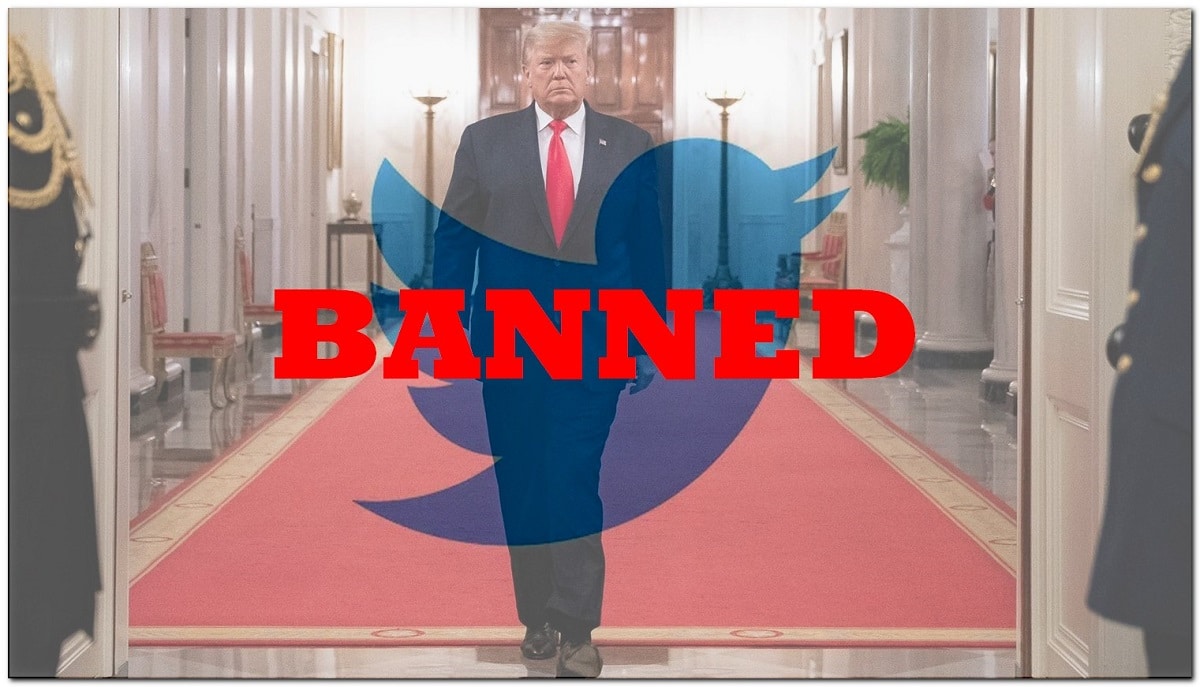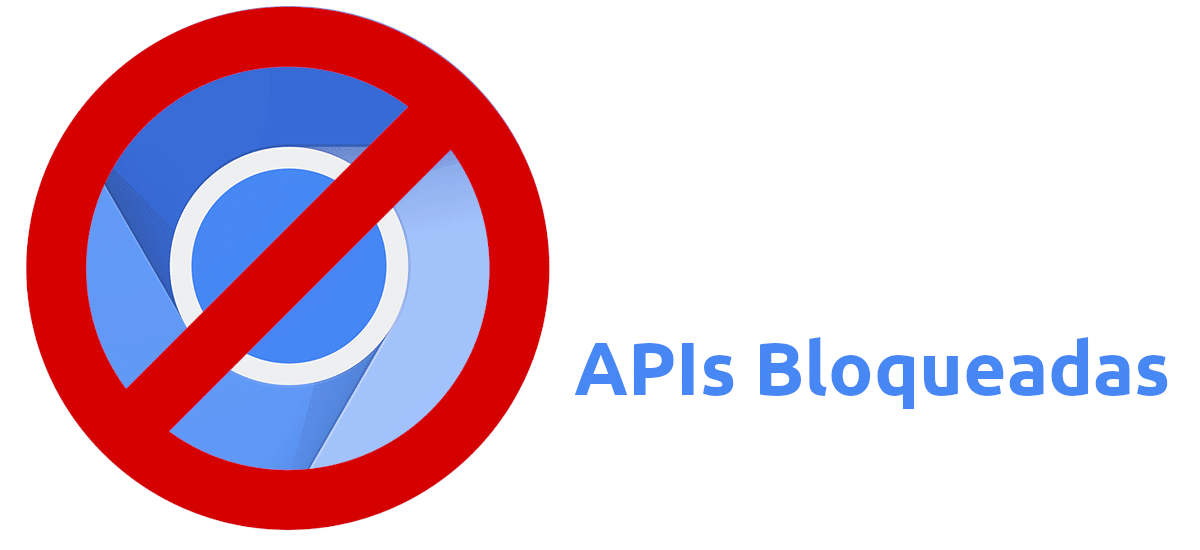
For someone who lived a lifetime in the southern hemisphere, the activity carried out in the first month of the year by those on the other side is still surprising. Of course, it's the middle of summer here and even those of us who don't have vacations take the opportunity to slow down. But, As the world of technology basically moves to the beat of the Northern Hemisphere, it is not surprising that 2021 started with quite a bit of noveltyeg.
What happened andn January
The first major news in January was that Flash technology is no longer part of the Internet. Actually, it was long gone except for some old game sites and / or porn videos (That's what a friend told me). In the days of the static internet, Flash was the technology that gave the Internet movement and facilitated the transmission of multimedia content. Thanks to Flash Youtube was possible.
The relationship of this technology with Linux was somewhat harsh. The Free Software Foundation launched its own player that never got off the ground and, Adobe suspended for a time the development of the official player that was left to Google (Only for Chrome) although he later took it up again.
However, Steve Jobs lowered his thumb by preferring the adoption of open standards for the iPhone, and Microsoft and Google supported him for what Adobe had to accept defeat and Flash became unavailable in the last minute of 2020.
Good censorship and bad censorship
Donald Trump did not like the results of the presidential elections and made it clear on his social media accounts. To companies that control social networks They no longer liked Trump and took advantage of the appearance of protesters on Capitol Hill to close his accounts. Twitter did it permanently:
After careful consideration of recent Tweets from the @realDonaldTrump account and the context surrounding them, in particular how they are received and interpreted on and off Twitter, we have permanently suspended the account due to the risk of incitement to violence.
Facebook was a bit more sneaky and initially announced a measure for two weeks (Later and with a mock appeal, I would make it permanent).
Mark Zuckerberg's justification for the company was:
The hatred, division and bigotry that Trump and his administration have ignited will not immediately dissipate with the next power shift.
Facebook must permanently ban Trump and take action against his facilitators and allies who continue to use the platform to incite violence and spread dangerous information.
Reactions from the free software community
The social media decision was enthusiastically supported by Mitchell Baker, the president of the Mozilla Foundation. which even went further:
But as reprehensible as Donald Trump's actions are, the rampant use of the internet to foment violence and hatred and reinforce white supremacy is about more than just a personality. Donald Trump is certainly not the first politician to exploit the architecture of the Internet in this way, and he will not be the last. We need solutions that don't start after untold damage has been done.
Some of Baker's proposals were:
- Inform who pays for the ads, how much they pay and to whom they are directed.
- Make the platform's algorithms public so that you know how and what content is being amplified, to whom, and the associated impact.
- Activate by default the tools that warn about false information.
- Work with independent researchers in the study of the impact of platforms on people and our societies
For your part, Cory Doctorow, a renowned free software activist Not only did he not agree with the censorship, he proposed a completely different approach:
The problem is not (simply) that CEOs of large tech companies are not equipped to make decisions that govern the digital lives of billions of people. It is that nobody is qualified to make those decisions
The writer emphasizes the main obstacle to the free choice of the user:
If you like the moderation policies of another site more than those of Twitter, you may follow on Twitter, because that is where all the people you want to talk to are. What's more, the people you want to talk to follow on Twitter because you're there. It's kind of mutual hostage-taking
His solution is to change the rules of the Internet making it dynamic. An Internet in which there are many different ways to talk with friends, organize a political movement, attend virtual schools, exchange money for goods and services, discuss politics and share creations.
Google plays the monkey ... polio
This year we talked a lot about the monopolistic attitudes of big tech. We had a little glimpse of it with the Google's decision to cut access to Sync and 'other Google service APIs to the Chromium browser. Google had granted the right of access to developers in 2013, but, with the excuse that other browsers were abusing its servers, it cut them off
Related articles









